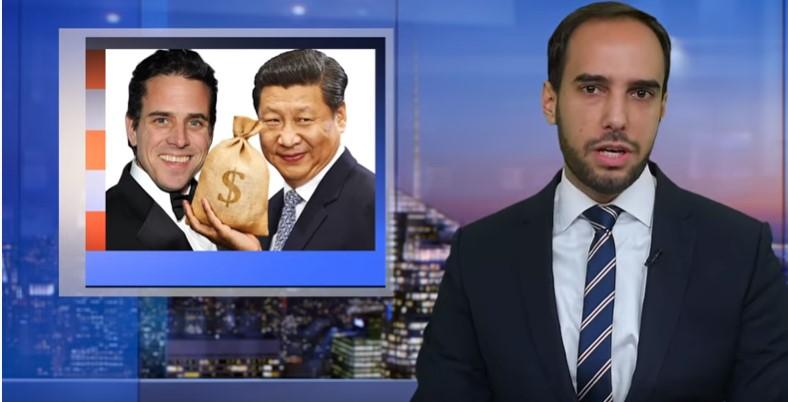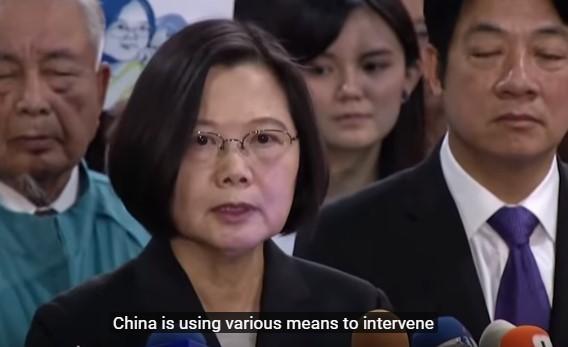We’ve all been there. Maybe it’s the Secret Santa exchange at your office holiday party. Or the extended family Christmas celebration. That awkward moment when someone gives you a gift you just don’t know what to do with.
And it’s an even bigger deal in modern China, a place with a rich tradition of (less handmade) gift giving. For example, business leaders love to give their local officials something to mark the Lunar New Year, like solid gold mooncakes. Which are only slightly less edible than the traditional kind.

But gosh darn it, you’re a hard working official. And there’s a pile of solid gold mooncakes, just sitting in your office, collecting dust. What are you going to do with those? Re-gifting? Nope, something even better. You can just sell these pesky gifts for cash!
Stores have cropped up around China catering specially to officials looking to unload bribes, er, I mean gifts, for some nice spendable yuan. And then the stores turn around and resell those bribes, I mean, gifts, to business leaders looking to impress other hardworking government officials. Yes, intrepid Chinese entrepreneurs have come up with a gift recycling industry.
In fact, it’s a 115 billion-dollar-a-year business. That’s according to China’s Gift Industry Research Institute, which tracks gift purchases throughout the country. Because yes, in China there’s a government organ for literally every aspect of your private life.
This has been going on since at least 2001, when state-run Xinhua first published an article about it.In 2014, CCTV made a half hour special about the industry. In Hangzhou alone, there were over one hundred gift-buying shops, usually located near government buildings. I’m sure that’s just a coincidence.
But if you’re looking forward to selling off a few of your own extravagances while in Hangzhou for the G20 you might be in for disappointment. This robust industry is dying—another victim of Chinese leader Xi Jinping’s anti-corruption campaign.
Since Xi came into power in 2012, officials have been under close scrutiny. Last year alone, Xi’s campaign took down 300,000 officials.
Corruption is kind of a problem in China. According to research publication, YaleGlobal, 80% of government officials there are corrupt. In a Charney Research survey of more than 2,000 Chinese companies, 35% said they pay bribes or give these kind of gifts in order to operate. It’s “an unspoken rule” according to one CFO.
But I mean, what’s the problem with a few billion dollars in gifts between friends, right? Well, according to Switzerland’s Crema Research, it just means less money for minor things. Like education. And public health. One study estimated that corruption actually costs China about 3% of its GDP—or 200 billion dollars every year.
China’s former head of state Hu Jintao said it could even tear the Communist Party apart.
But like ripping off a Band-Aid, getting rid of corruption is going to be painful. Xi Jinping’s anti-corruption campaign is actually contributing to China’s economic slowdown—at least in the short term. Officials are terrified of being hit with a corruption charge. As a result, many officials aren’t approving new projects, so things just don’t get done.
And the extravagant banquet industry is hurting too. But perhaps the greatest victim is luxury goods. Imports are down 55%. Sadly, this means that China’s gift recycling industry is feeling the pain as well.
So what do you think of China’s corruption based economy? Can it survive an anti-corruption drive? Leave your comments below.



